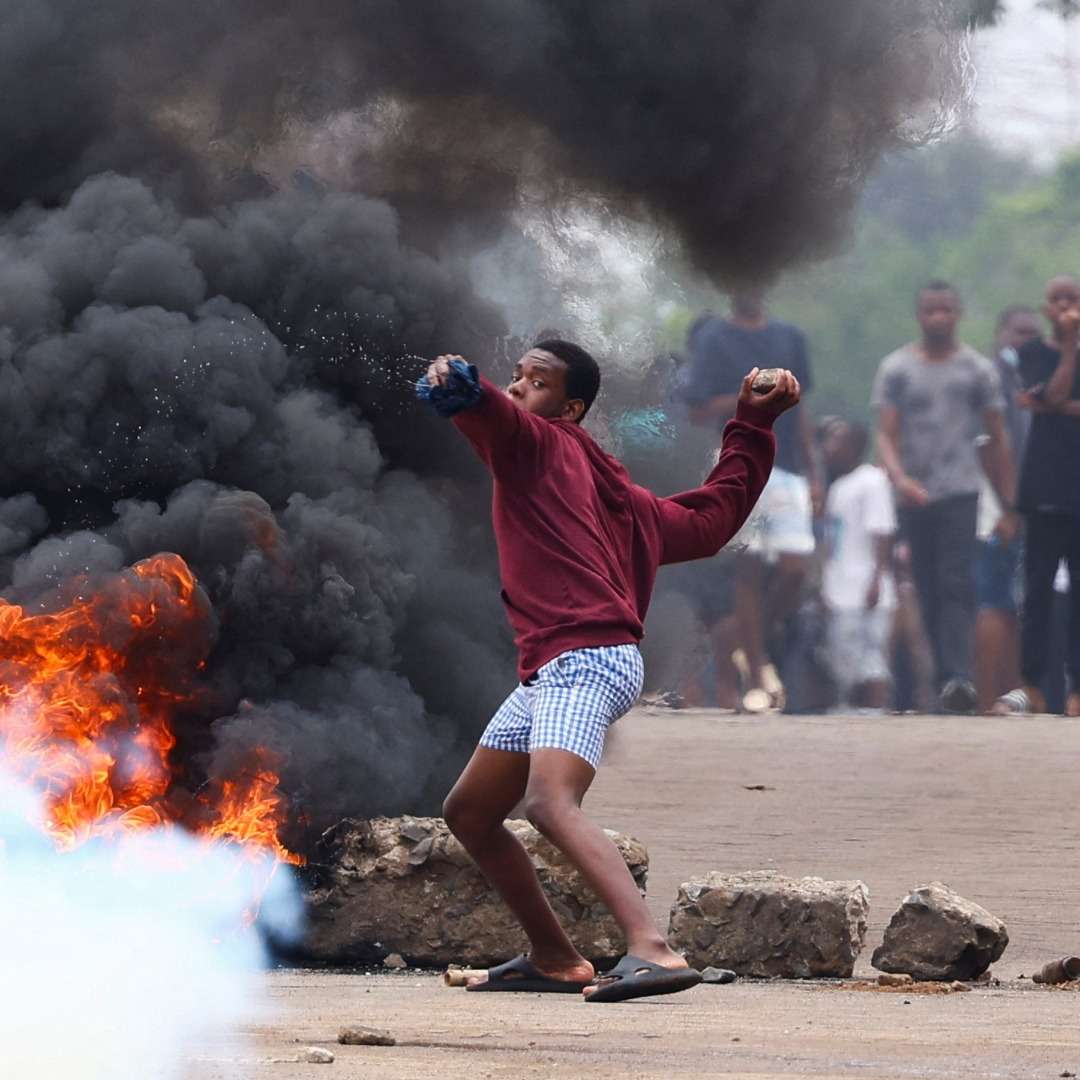
Recent protests in Mozambique have escalated into violent clashes, leading to the deaths of at least five individuals and injuring several others. The unrest erupted primarily in response to the controversial October 9 presidential election results, which the opposition claims were marred by fraud. The situation has resulted in significant disruptions to public order and critical economic operations throughout the country.
The demonstrations were sparked by Venancio Mondlane, a former presidential candidate who contested the election but was unsuccessful. From his refuge in South Africa, Mondlane has alleged that the election was fraudulent and declared himself the rightful winner. He called for a week-long national protest from December 4 to December 11, urging supporters to disrupt major infrastructure, including roads, railways, ports, and airports, to bring attention to the alleged election fraud and "restore the truth".
As tensions rose, protests erupted in major cities, including Maputo, Nampula, and Zambezia. In Matola, the situation intensified dramatically after the shooting of a 13-year-old boy by a plainclothes police officer, igniting public outrage and further mobilizing demonstrators. In response to the growing unrest, protesters organized blockades that halted key operations at industrial sites, including the Beleluane Industrial Park, home to major firms like Mozal, a significant aluminum exporter. The protests have raised alarms about potential disruptions to public sector salary payments, especially for teachers and healthcare workers, due to Mozambique's ongoing financial struggles and lack of external support .
Police have reported that protesters were armed with stones, knives, and machetes, which led to violent confrontations. Orlando Mudumane, the spokesperson for the Police General Command, characterized the protests as orchestrated efforts to disrupt public order, noting that some demonstrators had even attempted to seize police firearms . Civil society groups have reported even higher casualty figures, claiming that the police response has been excessively violent, resulting in numerous deaths since the protests began, including allegations that government forces are responsible for shooting civilians .
As the protests continue, the Mozambican government faces mounting pressure to address the grievances of its citizens and restore stability. The international community is closely watching the developments in Mozambique, particularly in light of the country's historical struggles with governance and civil rights issues. The potential for further unrest remains high as opposition leaders continue to rally support, and calls for accountability in the wake of the deadly clashes gain traction .
Ultimately, the situation in Mozambique highlights the delicate balance between governance, public dissent, and the need for a transparent electoral process. The ongoing unrest not only poses immediate threats to public safety and economic stability but also raises fundamental questions about the country's democratic future in the face of growing civil discontent.
Join WhatsApp Channel
Stay connected with the latest news, updates, and exclusive content by joining our WhatsApp channel! Join now and never miss an important update from DailyPress!
 DailyPress
DailyPress





